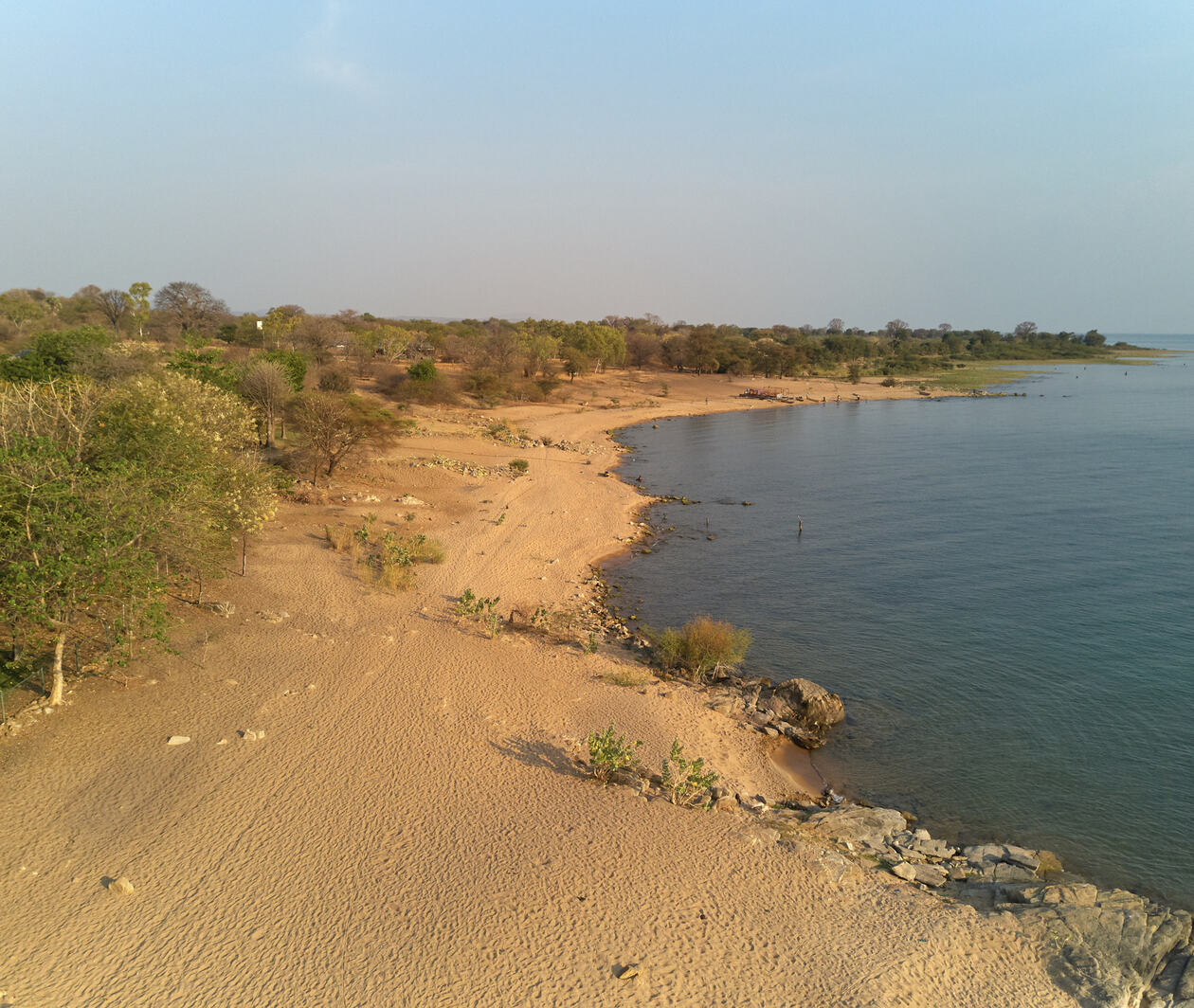
Duration
4 weeksWeekly study
2 hours
How to Address Global Challenges Through Multidisciplinary Research
Other courses you might like
This course isn't running right now. We can email you when it starts again, or check out these other courses you might like.
Browse more in Nature & Environment
Develop your research skills with a multidisciplinary approach
Due to their complexity, global challenges call into question the effectiveness of single-discipline research methods. Instead, a collaboration between disciplines, communities, practitioners, and researchers could help better achieve sustainable solutions.
On this four-week course, you’ll explore the value of using multidisciplinary research to address global challenges. You’ll discover practical approaches as you unpack the benefits and challenges of multidisciplinary research.
Exploring case studies from the UK GCRF BRECcIA project, and focussing on food and water security in sub-Saharan Africa, you’ll gain insights of co-opting ideas and methods from various disciplines.
Turn research methods into action to address global challenges
Throughout the course, you’ll learn how to put your knowledge into practice to help address pressing global issues.
You’ll discover researcher tips to use in implementing transformative multidisciplinary research and learn to integrate multidisciplinary components into your work.
Explore ethical principles in research and stakeholder engagement
To ensure a collaborative approach in your multidisciplinary research, you’ll explore the ethical principles of working with local communities and other stakeholders.
You’ll learn how to promote stakeholder engagement as you discover techniques for applying ethical research principles in multidisciplinary and multicultural research projects.
Learn from the experts at the University of Southampton
Guided by the University of Southampton and collaborating institutions in Ghana, Kenya and Malawi, you’ll finish the course with a sound understanding of multidisciplinary research initiatives. You’ll also have the skills to contribute to sustainable, multi-level policy for addressing global challenges.
Syllabus
Week 1
Introduction to Multi-disciplinary Research
Welcome to the course
In this section, we will introduce you to the course and to the BREcCIA project. We set the scene for what you will cover in this course.
Week 2
Working Together Across Disciplines
Valuing other disciplines
In this introduction to Week 2, you will review BRECcIA's Principle #1 and read about working together across disciplines.
Multi-disciplinary experiences
In this activity, BRECcIA researchers share their experiences of working in a multi-disciplinary research project.
Interacting with other disciplines
In this activity we will explore the value of a multi-disciplinary approach to research.
Week 3
Stakeholder Engagement
Incorporating perspectives
This week will focus on the principles and practices of stakeholder engagement.
Planning for Stakeholder Engagement
This section focuses on building stakeholder engagement skills.
Week 4
Translating Research to Practice
Understanding local context
This final week focuses on disseminating your research and using practical skills.
Creatively sharing research
In this activity you'll explore different audiences and communication skills
Course Wrap-up
This final activity summarises the course and next steps.
When would you like to start?
Date to be announced
Add to Wishlist to be emailed when new dates are announced
Learning on this course
On every step of the course you can meet other learners, share your ideas and join in with active discussions in the comments.
What will you achieve?
By the end of the course, you‘ll be able to...
- Explore the value of multidisciplinary perspectives and methodologies to understanding global challenges and establishing viable, long-term solutions
- Identify collaboration strategies for working effectively in a multidisciplinary team, and engaging with stakeholders and communities who are the main beneficiaries of research findings
- Apply multidisciplinary components into your own research on global challenges
- Discuss the challenges and opportunities of working in multidisciplinary teams
- Develop an understanding of how to engage stakeholders in multidisciplinary projects
- Reflect on how to put research into practice in communicating key findings to diverse audiences
Who is the course for?
This course is designed for anyone interested or engaged in multidisciplinary work and working with local communities on sustainability issues.
It will be most useful for students at a graduate level or researchers looking to upskill.
Learning on FutureLearn
Your learning, your rules
- Courses are split into weeks, activities, and steps to help you keep track of your learning
- Learn through a mix of bite-sized videos, long- and short-form articles, audio, and practical activities
- Stay motivated by using the Progress page to keep track of your step completion and assessment scores
Join a global classroom
- Experience the power of social learning, and get inspired by an international network of learners
- Share ideas with your peers and course educators on every step of the course
- Join the conversation by reading, @ing, liking, bookmarking, and replying to comments from others
Map your progress
- As you work through the course, use notifications and the Progress page to guide your learning
- Whenever you’re ready, mark each step as complete, you’re in control
- Complete 90% of course steps and all of the assessments to earn your certificate
Want to know more about learning on FutureLearn? Using FutureLearn


